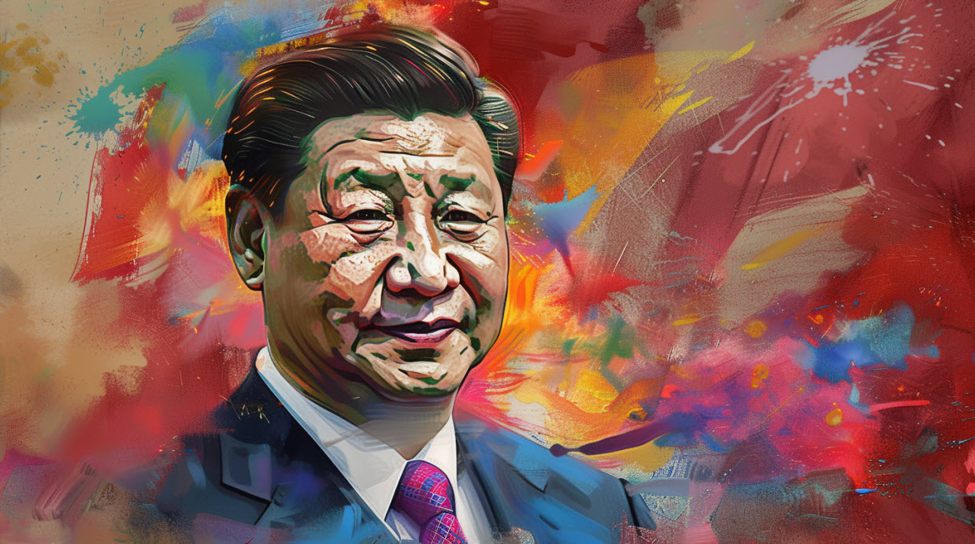Xi Jinping's Hidden Message: A Clue to China's Economic Future

Xi Jinping's Cryptic Economic Comment Sparks Speculation
This week, Chinese President Xi Jinping spoke with American executives on Wednesday in a bid to shore up confidence in the economy. He said that his country was “healthy and sustainable” and listened carefully to concerns from the leaders of Blackstone, FedEx, Qualcomm, and others. Worries about the Chinese economy have eased recently but are still top-of-mind for most in the global investment world.
That's what a newly-published comment from an October speech from Xi this week could be notable. “The People’s Bank of China must slowly increase the trading of treasury bonds in its open market operations,” Xi told a major financial meeting in October in a speech that was not published at the time but was included in a book.
It's not uncommon for comments from Xi to be published well-after the fact. The comments could be a hint at some kind of QE from the central bank. It set off a swirl of speculation after it was highlighted yesterday in the South China Morning Post.
Notably, the SCMP isn't a state-run paper, so I wouldn't weigh it as heavily as something that appeared in the China Securities Journal, for example. Still, the SCMP followed up with another article today that again highlighted the comment, while managing expectations about what it could mean. “It requires the money supply to be more precise and rational. The central bank’s resumption of trading treasury bonds will be more cautious, taking into account expectations of inflation and impact on foreign exchange rates,” Huatai Securities said in a research note on Thursday cited by the SCMP.
Overall, it sounds like a small growth-positive signal that could supplement liquidity-enhancing measures. The Shanghai Composite rose 1.0% today. Another spot to watch is whether the PBOC cuts the RRR rate in April, especially after this comment.
This article was prepared using information from open sources in accordance with the principles of Ethical Policy. The editorial team is not responsible for absolute accuracy, as it relies on data from the sources referenced.